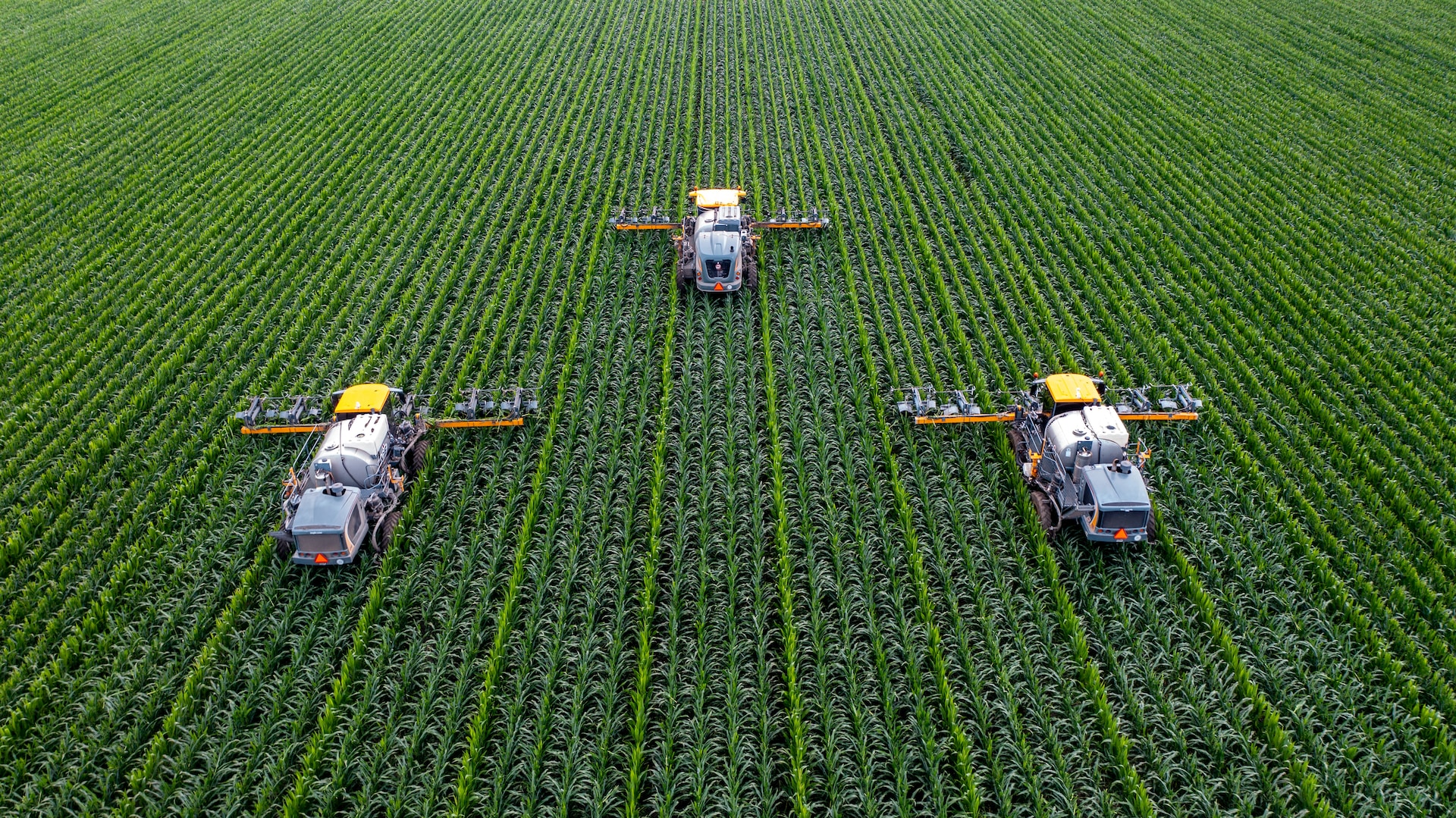Farming stands as an enduring testament to humanity’s bond with the land, an intricate tapestry woven across centuries of history and progress. Its roots sink deep into the soil of our past, tracing back to ancient civilizations where the act of tilling the earth birthed the very essence of sustenance. From the sun-drenched fields of the Mediterranean to the terraced slopes of Southeast Asia, farming emerged as the heartbeat of civilizations, fostering growth, and nurturing communities.
Over the ages, farming has metamorphosed in tandem with human ingenuity. The plow, a testament to early innovations, revolutionized cultivation, reshaping the landscape of agriculture. With the Industrial Revolution, machinery took center stage, propelling farming into a new era of mechanization and increased productivity. Today, the digital age heralds a new frontier for farming, where technology and innovation converge to redefine the very essence of cultivation. Precision agriculture, a marriage of data analytics and cutting-edge technology, empowers farmers to fine-tune their practices, optimize yields, and minimize environmental impact.
Yet, amidst the march of progress, farming confronts multifaceted challenges in the modern world. Climate change looms large, altering traditional growing seasons and challenging the predictability of agricultural patterns. Escalating populations exert pressure on finite resources, demanding sustainable solutions to ensure food security without compromising the earth’s delicate balance. This has sparked a renaissance of sorts a revival of sustainable practices championed by small-scale farmers and advocates of ecological farming. Organic methods, agroforestry, and permaculture are redefining the narrative, emphasizing harmony with nature, preserving biodiversity, and nurturing resilient ecosystems.

The impact of farming extends far beyond the boundaries of fields and harvests. It shapes communities, weaves cultural identities, and nourishes economies. Family farms, steeped in tradition and passed down through generations, become bastions of heritage, preserving knowledge and fostering a sense of belonging. The resurgence of local markets, farm-to-table movements, and community-supported agriculture reflects a growing appreciation for the stories behind our food, forging connections between producers and consumers.
In the symphony of modern existence, farming emerges as a conductor orchestrating a delicate balance between productivity and preservation. It’s a narrative shaped not just by the crops sown or the yields reaped but by the very ethos of sustainability. As the specter of climate change casts its shadow, farmers, stewards of the land, assume a pivotal role in charting a course toward a regenerative future.
The winds of change blow through the vast expanses of farmland, ushering in an era where sustainability becomes the lodestar guiding agricultural practices. Conservation tillage and crop rotation strategies embrace the wisdom of the past, nurturing soils and preventing erosion, while cover crops offer a natural shield against the vagaries of weather. The adoption of agroecological principles encourages harmony between crops, livestock, and natural systems, fostering resilience in the face of a changing climate.
Simultaneously, technological marvels converge with ecological wisdom, painting a picture of farming that is both futuristic and rooted in tradition. The emergence of smart farming technologies, harnessing the prowess of artificial intelligence and IoT, empowers farmers to make informed decisions, optimizing resource utilization and minimizing environmental impact. Drones hover over fields, mapping crop health with precision, while sensor-equipped machinery delivers targeted treatments, reducing the need for chemical inputs.
Yet, the narrative of farming extends far beyond the boundaries of agricultural landscapes. It intertwines with social fabrics, redefining the relationship between producers and consumers. Community-supported agriculture not only delivers fresh produce but fosters a sense of shared responsibility and community resilience. Farmer’s markets, buzzing with life and local flavors, bridge the gap between urban dwellers and the essence of the countryside, celebrating diversity in both crops and cultures.

However, the path toward sustainable farming is not devoid of challenges. Access to resources, particularly for small-scale farmers, remains a pressing issue. Encouraging policies and support systems that incentivize sustainable practices and empower local communities become essential building blocks for a resilient agricultural ecosystem.
In this symphony of innovation and tradition, the role of farmers transcends mere cultivation; it becomes a stewardship an unwavering commitment to nurturing not just the crops but the very essence of life entwined with the soil. Farming, in its sustainable guise, emerges not just as a practice but as a philosophy a testament to the profound harmony that can exist between human endeavor and the bounties of nature.
The future of farming, rooted in sustainability, is a canvas where ancient wisdom, technological prowess, and community spirit converge a canvas where every seed sown is a promise, not just for sustenance, but for a thriving and regenerative planet.
Ultimately, the future of farming lies in its ability to navigate this intricate web of challenges and opportunities. It hinges on striking a delicate balance between technological advancements and ancient wisdom, between progress and sustainability. It’s a journey that transcends borders and generations, a collective endeavor to nourish our bodies and nurture our planet, rooted in the very essence of what it means to cultivate life.
If you enjoyed this read, check out our other posts.














What do you think?
Show comments / Leave a comment